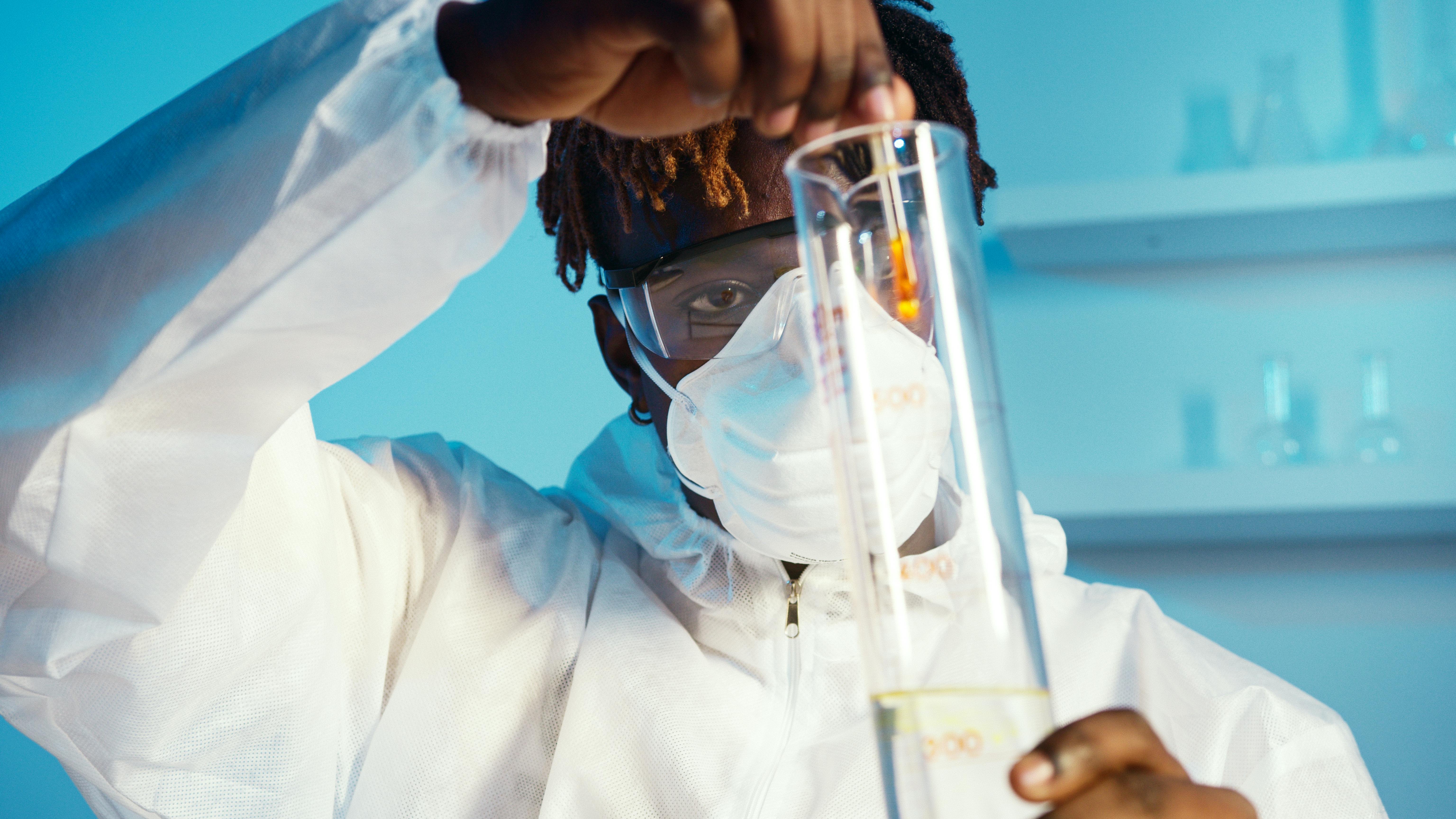Extraction of wisdom teeth after the care diet
Wisdom teeth extraction is quite painful, but eating after wisdom teeth extraction can sometimes be worse than the procedure itself. Your dentist will likely tell you to eat soft foods and liquids for the first 24 hours after an extraction. Finding out which foods are safe will help speed your recovery and reduce post-extraction pain.
For most people, cold fluids will help reduce swelling and pain. Try to avoid drinks that are highly sugary or highly acidic, as these can irritate raw meat in and around the extraction site. Smoothies, iced tea, and sugar-free sodas are good cold drink options.
Warm drinks can also reduce pain, especially for people with sensitive teeth. Warm coffee, tea, and clear soups relieve nerve pain, which can worsen after an extraction. Avoid very hot drinks, which can make the pain worse.
Safe foods include mashed potatoes, mild soups and stews, cooked fruit, baked fish, and pasta dishes that don’t need much chewing. Scrambled eggs, omelettes, and hard-boiled eggs are safe breakfast options. Oatmeal, soft cooked cereals, and bananas are also usually safe breakfast options.
Cream soups, noodle soups, and mild stews are good options for lunch and dinner. Canned beef stew is generally safe, but may need to be cooked to tenderize the meat rather than heating it. Avoid soups and stews that contain rice, large chunks of spices, chewy grains, and meatballs. Although meatballs are technically a soft food, they can compress into a hard, sticky ball during chewing.
Other safe foods include applesauce, ice cream, popsicles, gelatin desserts, sugar-free puddings, and cooked chicken, lamb, and pork. Any food that you can swallow without chewing is safe after a tooth extraction. Just be sure to take very small bites to reduce the risk of choking.
What you do after eating is just as important as what you eat after your wisdom tooth extraction. Your dentist will give you instructions on caring for your teeth after an extraction. You will likely be asked to use a mild saltwater rinse for the first twelve hours after your appointment. Afterward, he can use a mild mouthwash as recommended by his dentist. Brush your teeth gently for the first few days and avoid brushing the extraction site. Proper oral hygiene after tooth extraction will help prevent gingivitis and other oral infections. Redness, swelling, fever, and excessive pain may be signs of infection, so report these symptoms to your dentist immediately to avoid complications.
